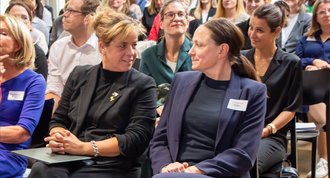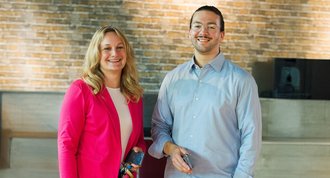
The first senior managers have held development meetings with their employees based on the new STEPs concept. Three of them shared their experiences with us.
„A very constructive exchange“ Jenny Lämmle, Sales Manager Region Southwest Area 7, conducts a total of six STEPs meetings.
one: Mrs Lämmle, Mr Kitz, Mr Müller, you are all three senior managers who have conducted interviews with their employees as part of the STEPs pilot project. How did you perceive these discussions?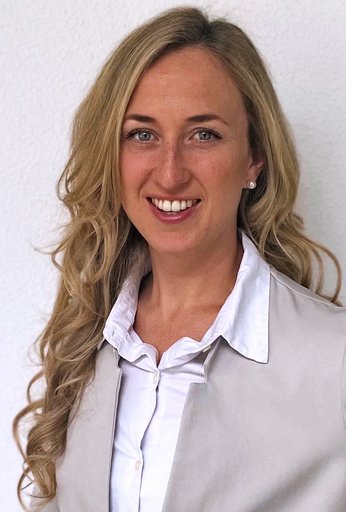 Jenny Lämmle
Jenny Lämmle: I experienced the STEPs dialogue in a very pleasant atmosphere. The open structure of the discussion meant that it didn't have a "checklist character", which enabled a constructive exchange. Both the strengths and potentials of both sides could be reflected and measures could then be recorded. As a senior manager, it was also nice to hear the employees summarise once again where the focus had been in the past year. This made it possible to refer back to one or two topics.
Jenny Lämmle
Jenny Lämmle: I experienced the STEPs dialogue in a very pleasant atmosphere. The open structure of the discussion meant that it didn't have a "checklist character", which enabled a constructive exchange. Both the strengths and potentials of both sides could be reflected and measures could then be recorded. As a senior manager, it was also nice to hear the employees summarise once again where the focus had been in the past year. This made it possible to refer back to one or two topics.
Philip Kitz: From my perspective as a senior manager, I perceived the discussions as very positive. The employees had prepared more intensively and filled in the free text fields in detail. The dialogue is then about working out the ideal development path for the employee and setting out the specific measures in writing.
Stefan Müller: In my role as a senior manager, I found the STEPs dialogues with my team members refreshingly open. There was enough space to review the past year in peace and quiet and to focus on the topics that really moved us.
More about STEPs and STEP up
In this one interview, Daniela Büchel, Member of the Executive Board for People, explains why it was time for the Step up culture initiative in view of the current and future challenges, how it helps us as a company and what measures we can use to achieve a new way of working together.
Anna Mili, who is responsible for the project, explains exactly how STEPs works, what senior managers and employees need to know and why feedback is at the heart of the programme in this one interview.
„STEPs is a significant further development.“ Philip Kitz, Senior Category Buyer Stationery & ZooRoyal at REWE Nonfood, conducted STEPs interviews with his ten employees.
one: How would you rate STEPs in comparison to its predecessor KNP?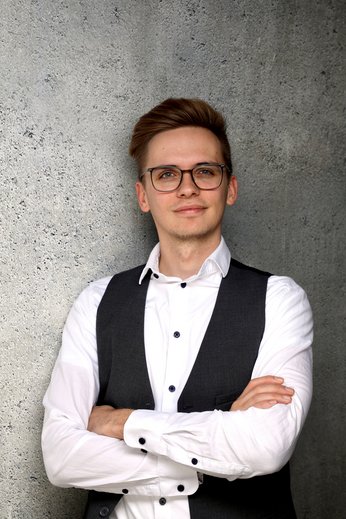 Philip Kitz
Philip Kitz: I see STEPs as a significant further development. As an advocate of strength-orientated leadership and positive psychology, I believe this is exactly the right approach.
Philip Kitz
Philip Kitz: I see STEPs as a significant further development. As an advocate of strength-orientated leadership and positive psychology, I believe this is exactly the right approach.
Stefan Müller: KNP also left room for manoeuvre in the approach, but the need to commit to one point on a scale for many assessment points in relation to performance and competencies often distracted from the actual content. With STEPs, on the other hand, the focus is on dealing with what is available and optimising strengths, rather than on a rigid assessment.
Jenny Lämmle: Exactly. Compared to KNP, STEPs is not a classic ticking off of tasks. Communication is encouraged more and the employee as a person is more at the centre than the mere implementation of a task. The dialogue itself is highly valued, and wishes and suggestions are given greater importance. Development goals can thus be better identified together, as employees are better able to analyse and reflect on their further development from the outset
„Refreshingly open conversations“ Stefan Müller, management of the sales department in the REWE Southwest region, has conducted interviews with all of his 15 employees using the new STEPs model.
one: Which of the innovations do you particularly like?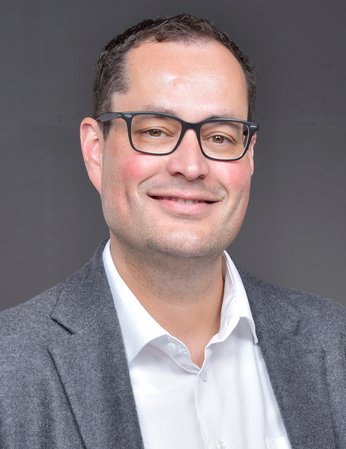 Stefan Müller
Stefan Müller: I particularly appreciate the transparency in further development. If a team member expresses a desire for change, this is immediately visible within the organisation.
Stefan Müller
Stefan Müller: I particularly appreciate the transparency in further development. If a team member expresses a desire for change, this is immediately visible within the organisation.
Jenny Lämmle: I particularly like the fact that strengths and potentials are emphasised more clearly, as both parties think more about them in advance thanks to the open question design. I also think it's a positive innovation that the high-potential candidates - including mobility information - should be more visible in the Group-wide, internal labour market GO!
Philip Kitz: What I particularly like in addition to this is the majority of free text fields and the reduction in the assessment of competences according to grades.
one: Is there anything you would like to add?
Jenny Lämmle: I think the questionnaire is very good overall. The open discussion format means that the appreciation of the employees can be better expressed in a STEPs discussion than in a KNP discussion. However, the preparation time is much more intensive than with KNP. Depending on how many meetings a senior manager conducts, this can take a lot of time.
Philip Kitz: In my view, such a meeting should take place twice a year, which is why my team will always have an "interim STEPs meeting" in the middle of the year.
Stefan Müller: For all the focus on strengths, which is useful and valuable in STEPs, we must not ignore the development potential and "blind spots" that each and every one of us has. It is important to address and thematise these.





